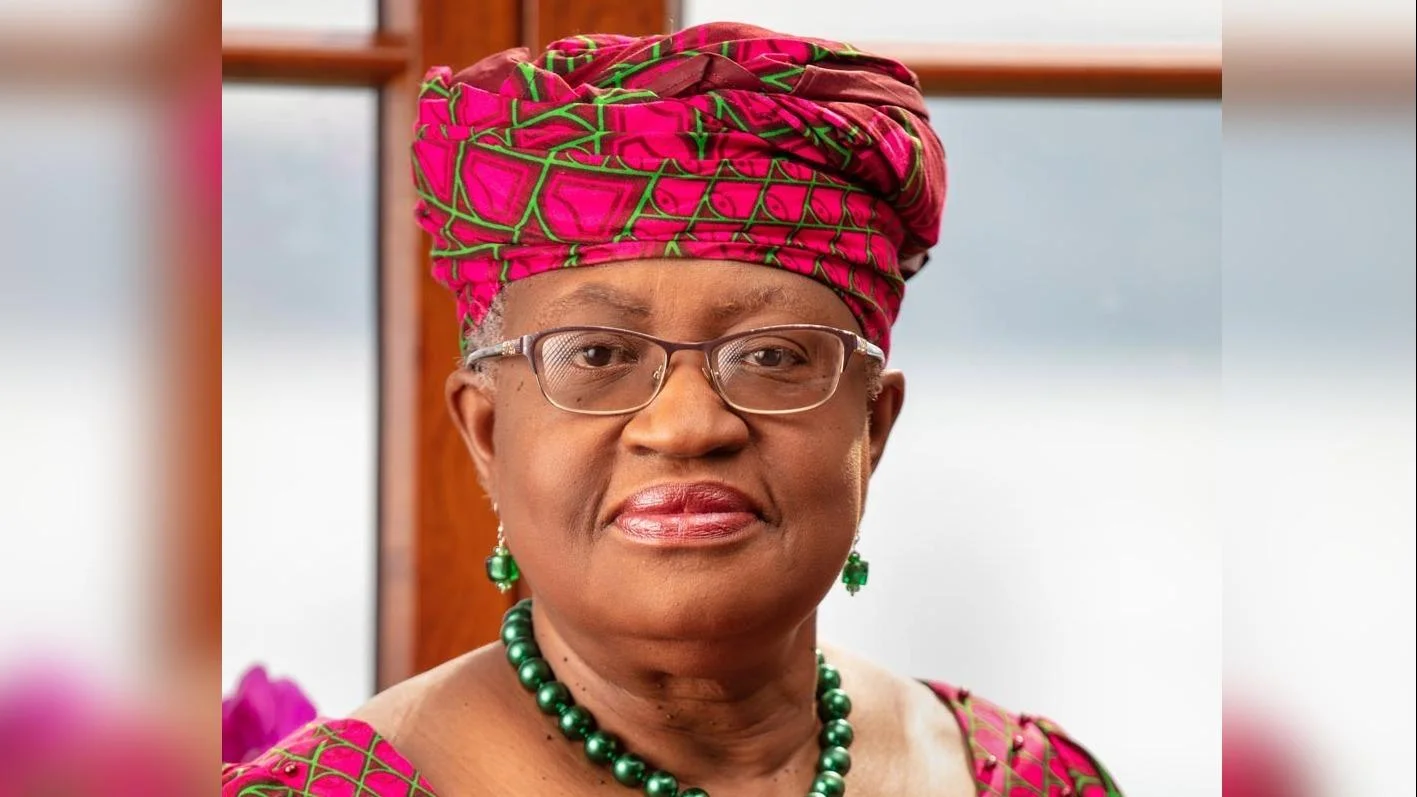Director-General Ngozi Okonjo-Iweala expressed gratitude to President Shavkat Mirziyoyev for his leadership and commitment to Uzbekistan's World Trade Organization (WTO) accession, which has significantly accelerated the negotiating process. Meetings were also held with Deputy Prime Minister Jamshid Khodjaev, Chair of the Inter-Agency Commission on WTO Accession, and Advisor to the President on Economic Development Ravshan Gulyamov. They discussed Uzbekistan's progress following the latest Working Party meeting on May 24.
At the High-Level Conference on “Economic Reforms in Uzbekistan and the Process of Accession to the World Trade Organization” on June 6, Okonjo-Iweala was joined by Ms. Saida Mirziyoyeva, Assistant to the President, and Deputy Prime Minister Khodjaev. The conference was organized by Uzbekistan and the WTO in collaboration with the International Monetary Fund (IMF) and the World Bank, attended by government representatives and development partners.
In her opening remarks, Ms. Mirziyoyeva emphasized Uzbekistan's bold economic reforms under its National Strategy “Uzbekistan 2030,” which aims to achieve upper middle-income status, double GDP by 2030, and reduce poverty to 7%. She stated that these goals are achievable only through quality investments and access to global value chains facilitated by WTO membership.
Okonjo-Iweala commended Uzbekistan's commitment to advancing its WTO accession process, particularly noting a Presidential Decree issued on June 3 addressing concerns about state-trading enterprises with exclusive rights, export restrictions, import bans on ethyl alcohol, and export subsidies. She described this as a significant step toward aligning with WTO rules.
Reflecting on Uzbekistan's 30-year journey towards WTO accession, she noted that negotiations have accelerated in recent months. “The conversation has shifted from if the accession will be concluded to when and how,” she remarked.
She outlined five key components for successful accession: strong political will, effective inter-ministerial coordination mechanisms, a dedicated negotiating team led by a competent Chief Negotiator, support from partners, and an actionable roadmap. While acknowledging that four of these elements are already present in Uzbekistan’s efforts, she urged for a comprehensive roadmap focusing on achieving consistency with WTO rules before 2026.
“This part of the accession journey will not be easy. Real reforms are painful and may face internal opposition. But at the same time they are not impossible,” she said. “I am more than confident in the wisdom of the leadership here to complete this accession journey with international community support.”
Deputy Prime Minister Khodjaev reported significant progress in recent months regarding policy reforms aimed at compliance with WTO standards. He emphasized that these reforms aim to improve citizens' lives through sustainable growth and job creation.
During her visit to Tashkent, Okonjo-Iweala received an honorary degree from the University of World Economy and Diplomacy (UWED). In her lecture there, she stressed UWED’s role in developing expertise essential for advancing trade policy interests.
Okonjo-Iweala highlighted how WTO membership could help address current challenges such as climate change, economic diversification, job creation, and socioeconomic inclusion. She noted that market access under WTO rules would enhance economic confidence through more predictable tariffs.
She identified potential areas where Uzbekistan could benefit from strengthened transport networks combined with seamless trade policy connectivity at border crossings.

